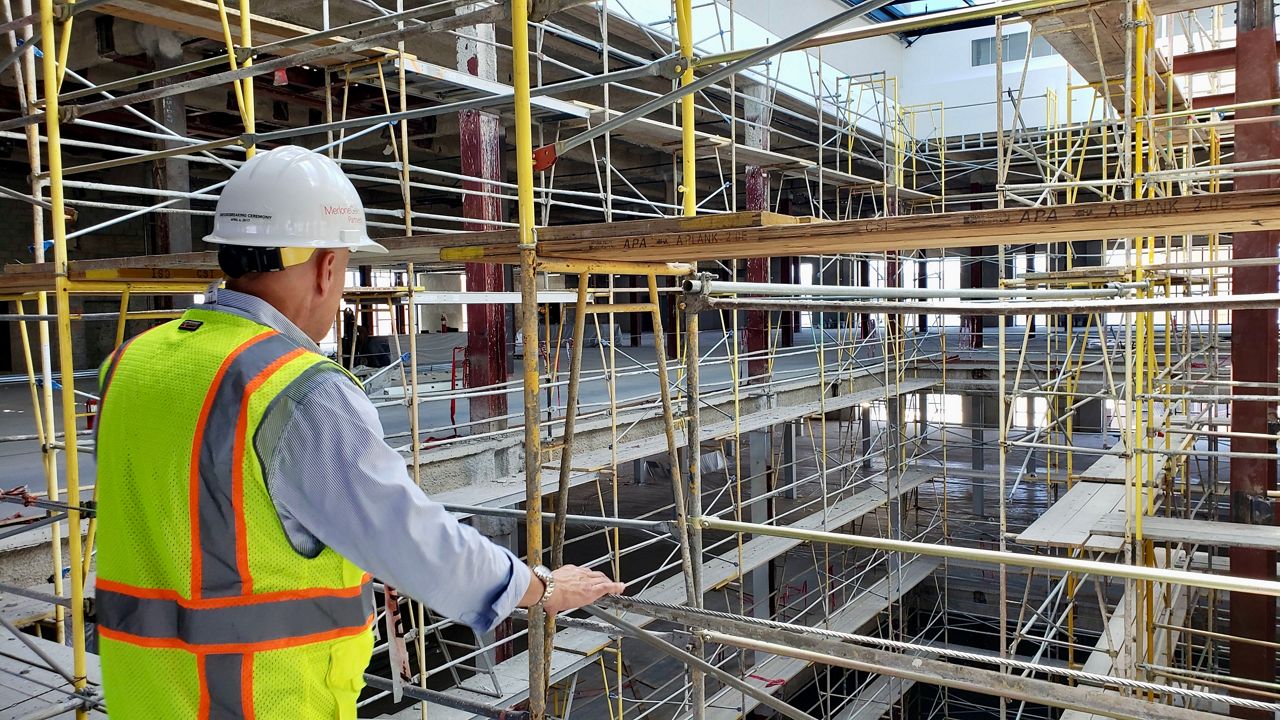People from around the world travel to North Carolina’s Outer Banks for the idyllic beaches, but lately there’s also a focus on what’s being pushed out to sea.
One by one, houses are collapsing into the Atlantic Ocean.
In Rodanthe, Dare County, the National Park Service said six privately owned houses have collapsed since 2020. More are at risk of doing the same.
Cindy Doughty and Scott Twentyman recently moved their home in Rodanthe. Doughty has owned it for around two decades.
Twentyman said they were left with two options.
“Do nothing and lose the house eventually, sooner or later, or go to the expense of having the house moved, for which there is no insurance coverage, and which comes out of our pocket entirely,” Twentyman said.
They decided to move the house farther from the ocean at a cost of $185,000.
A new bipartisan bill from Rep. Chellie Pingree, a Maine Democrat, and Rep. Greg Murphy, a North Carolina Republican who represents the Outer Banks, would provide financial assistance to coastal residents around the country whose houses are at risk of collapsing.
“If houses are going to fall into the ocean, we need to stop that, we need to have the owner be able to take the money and take them down before they become a danger to the public,” Murphy said.
The bill would allow homeowners to receive up to $250,000 to go toward demolition or relocation.
The money comes from the National Flood Insurance Program, which currently doesn’t cover long-term erosion or advance collapse payments.
If the bill passes, homeowners who have NFIP insurance for a least a year before the enactment would be covered. If they get the insurance after enactment of the bill, they must have it for a continuous period of four years.
Twentyman is breathing a little easier, but even with his house moved, rising sea levels because of climate change could pose a long-term risk.
“It’s a huge relief that the house is now safe,” Twentyman said, “but ultimately I think the beach is going to have undergo beach replenishment.”
Murphy said nourishment of the beach, which is adding sediment to widen the beach, could likely be needed longer term.









